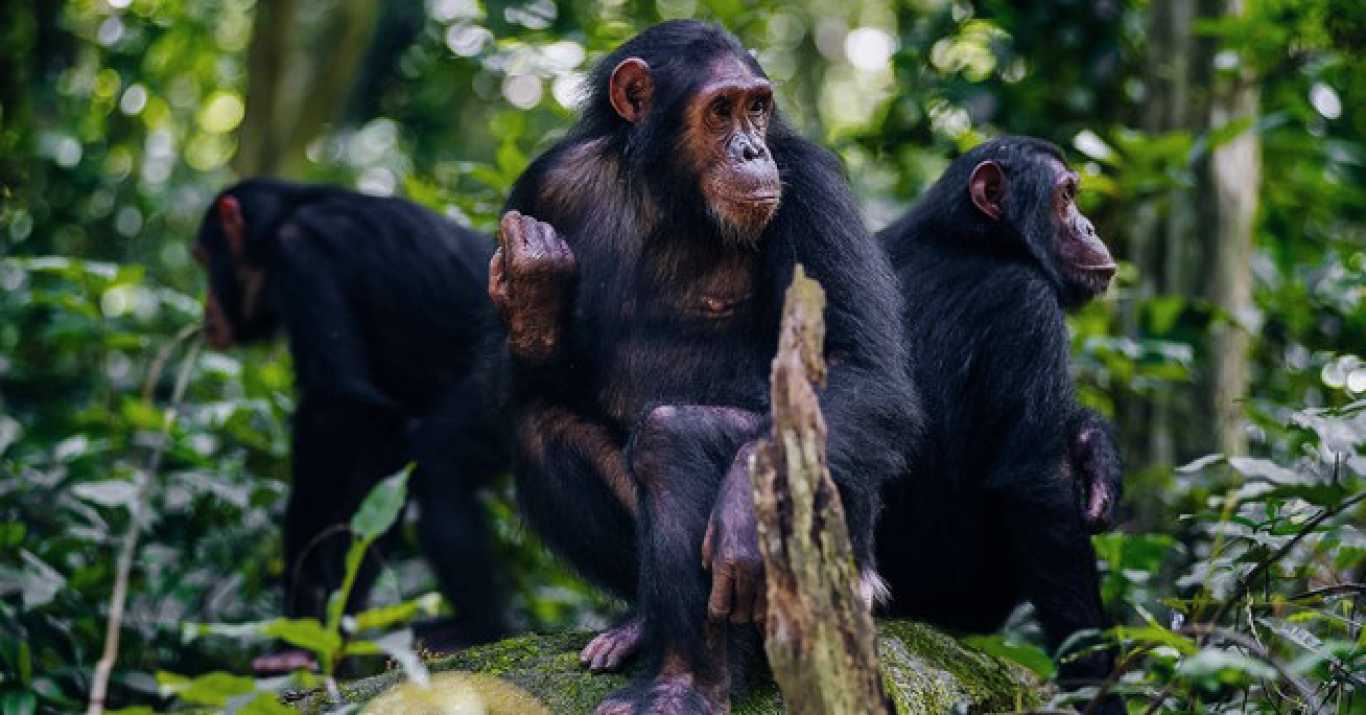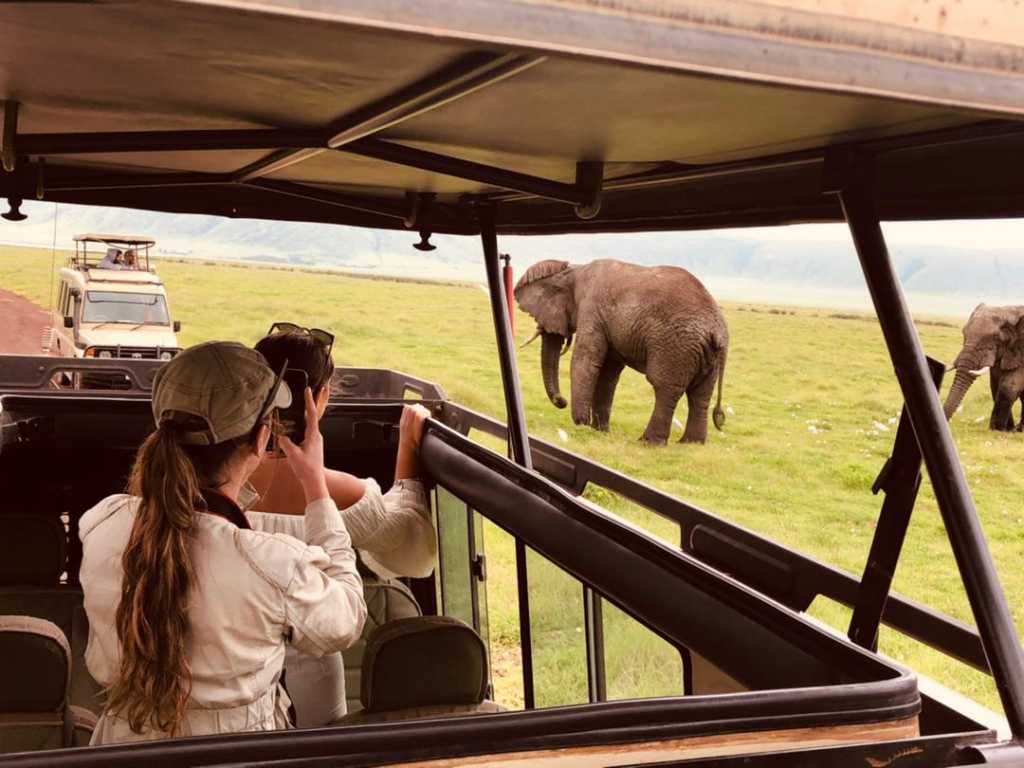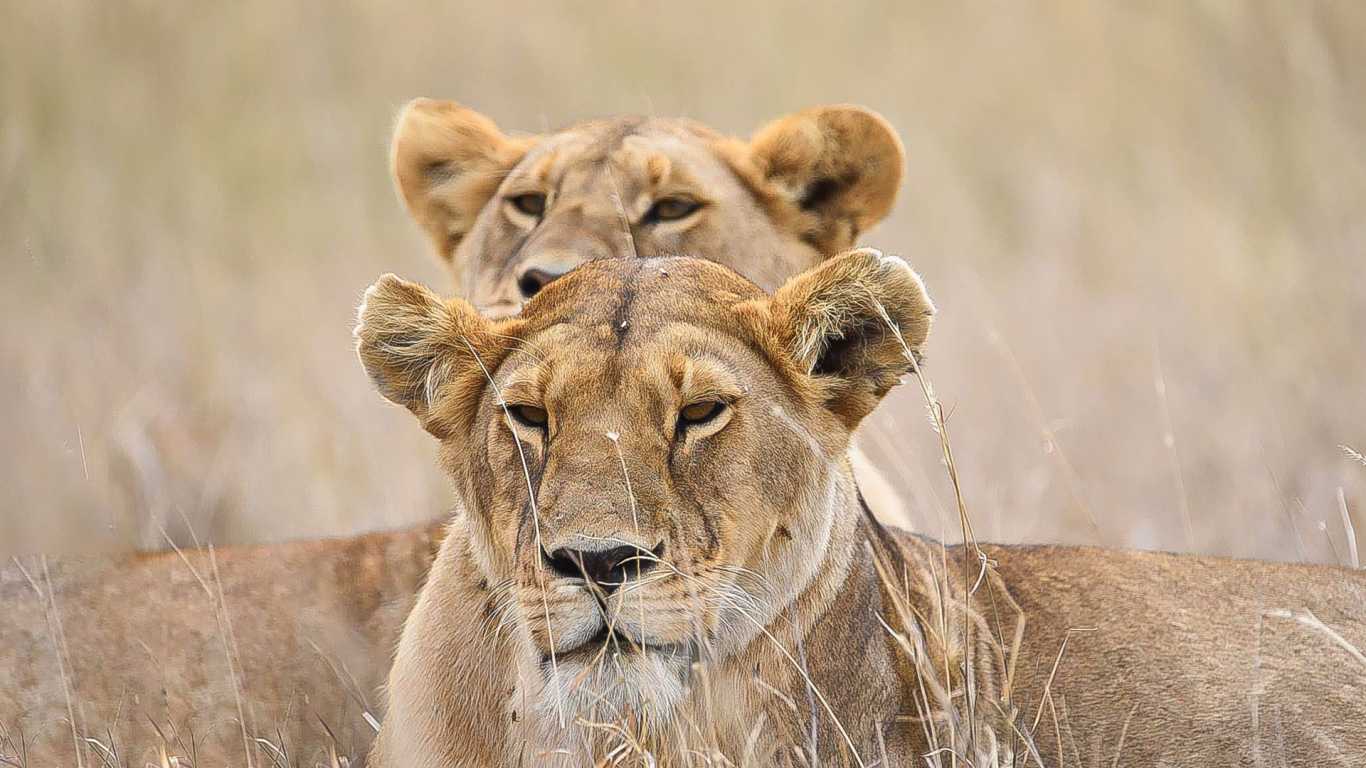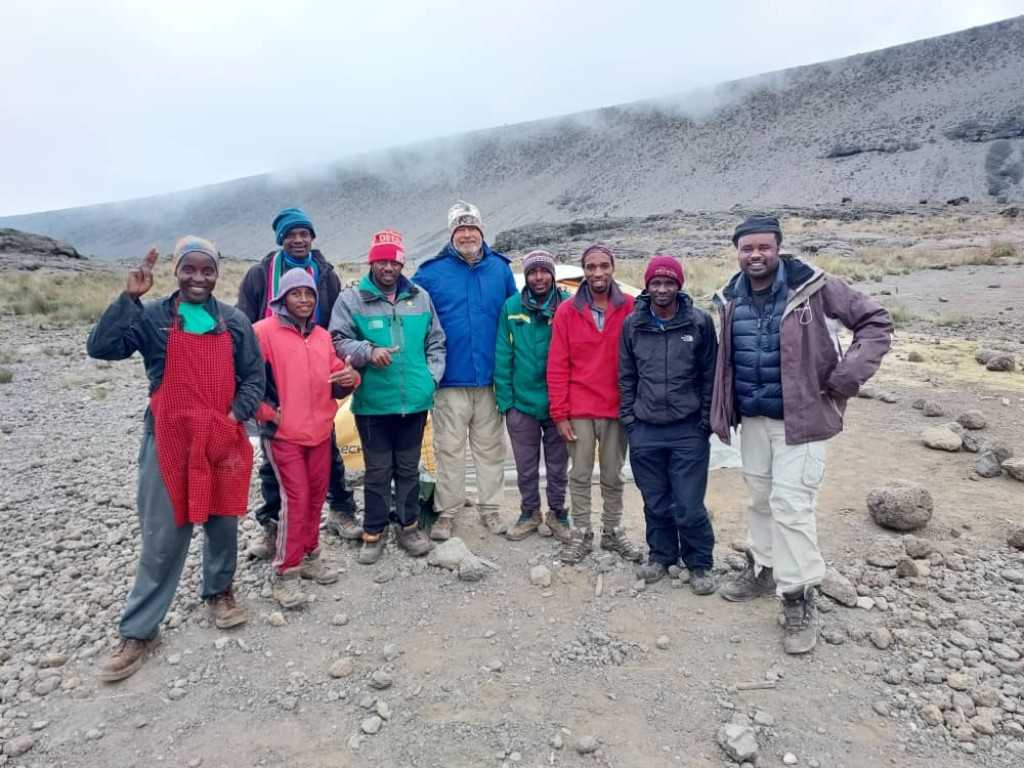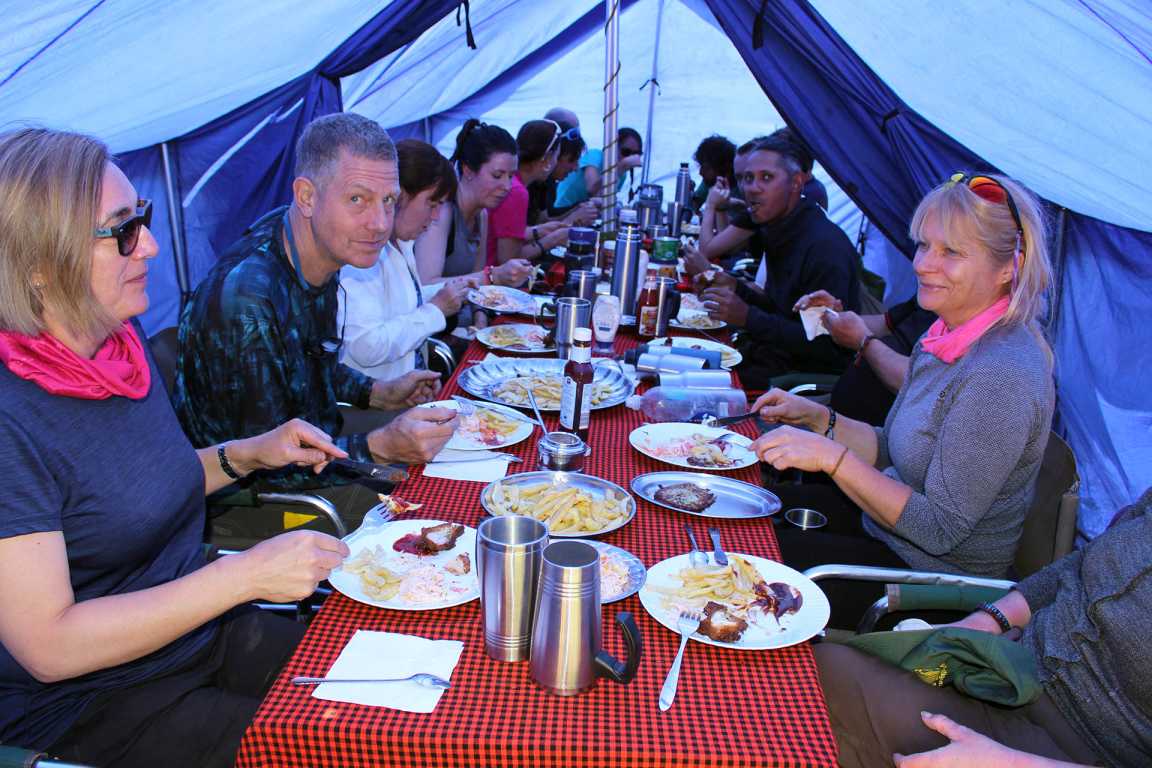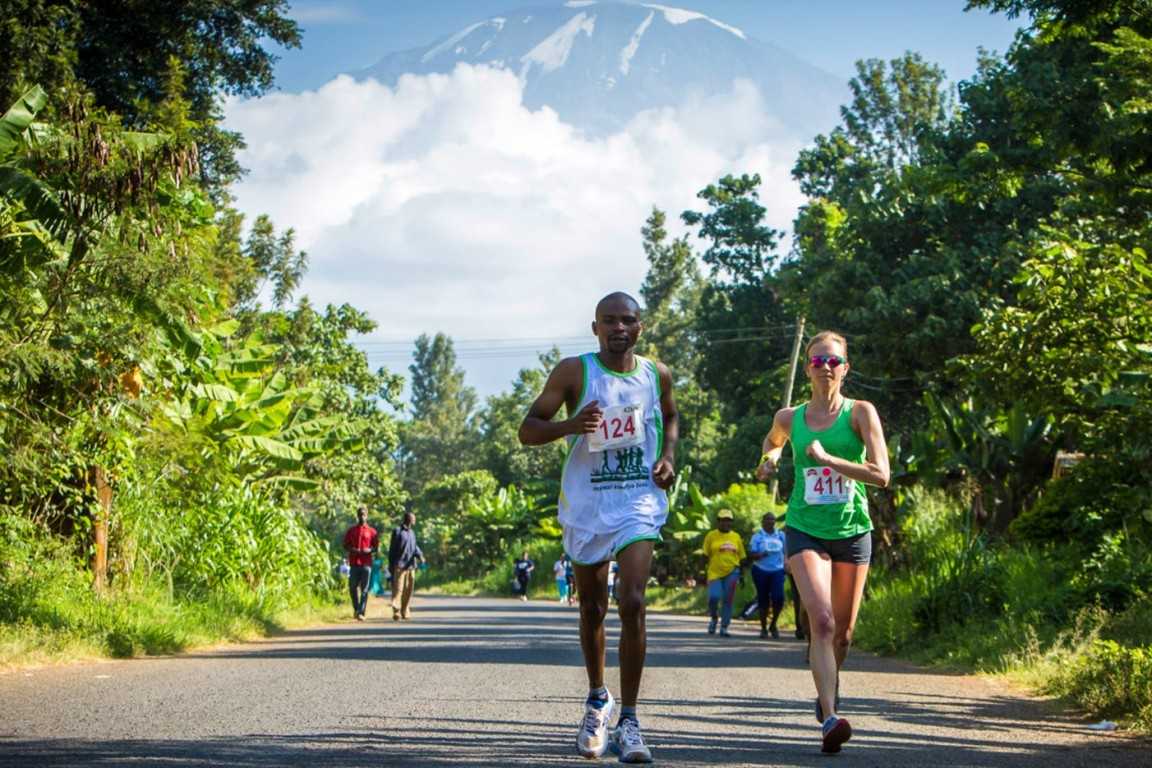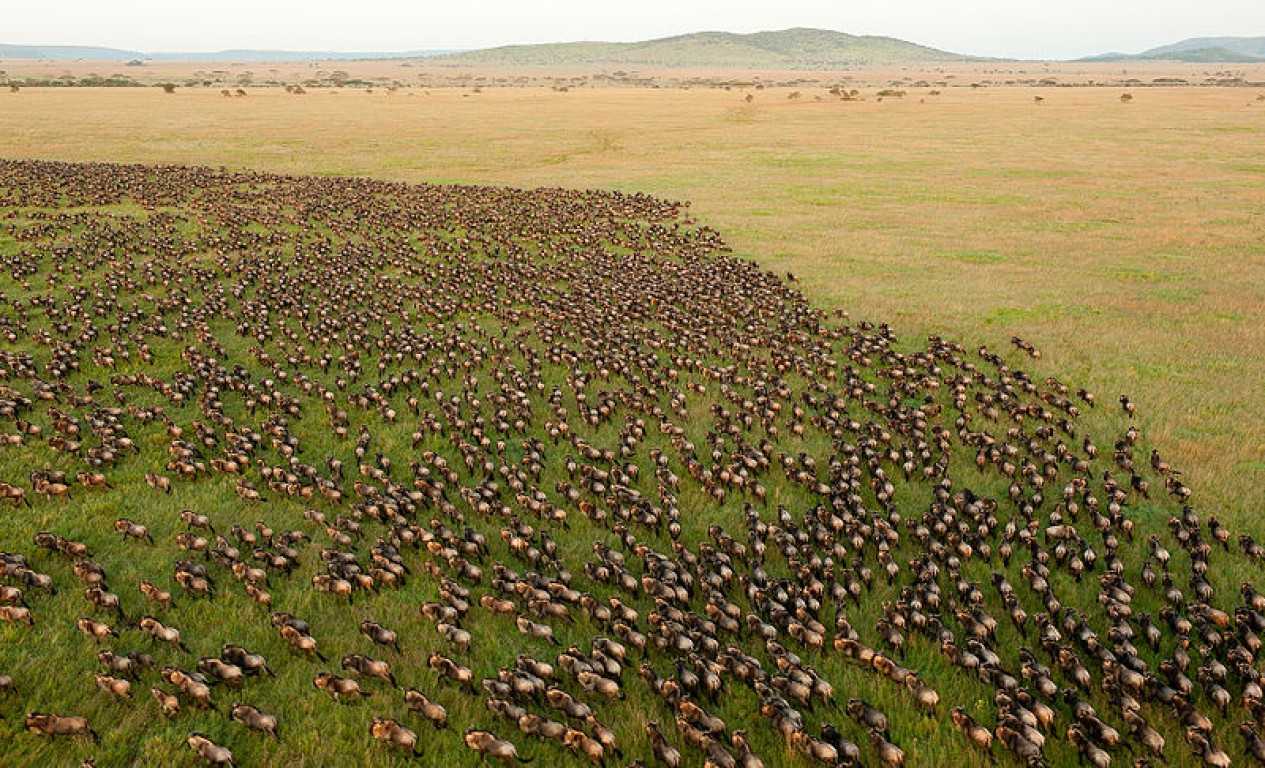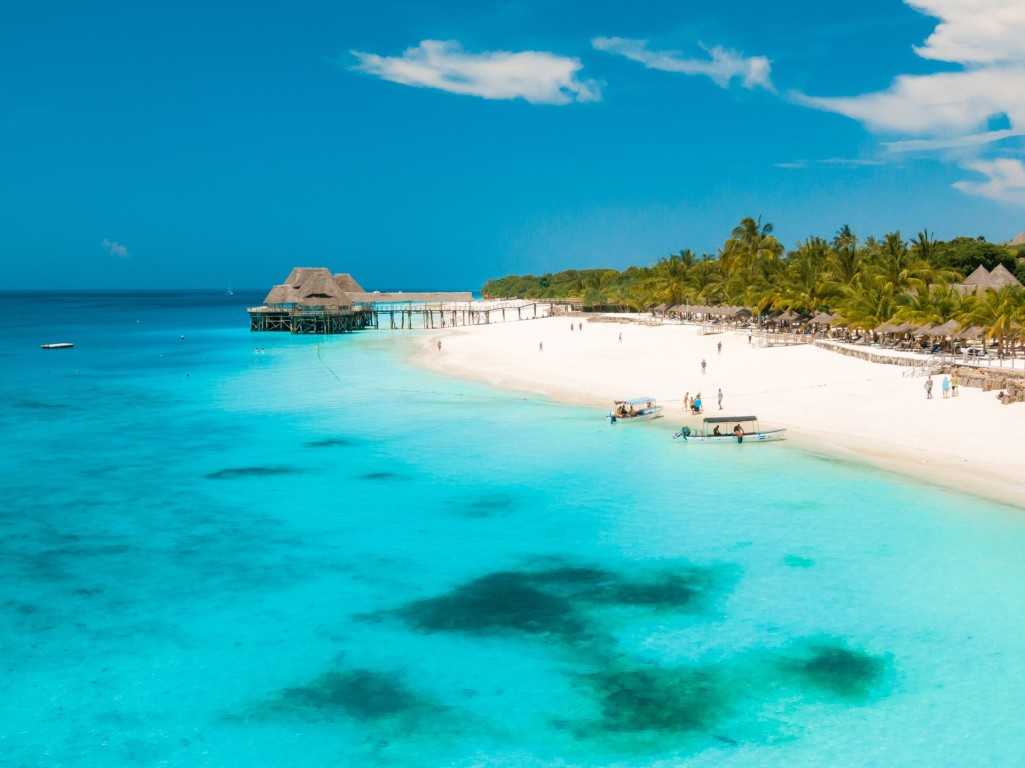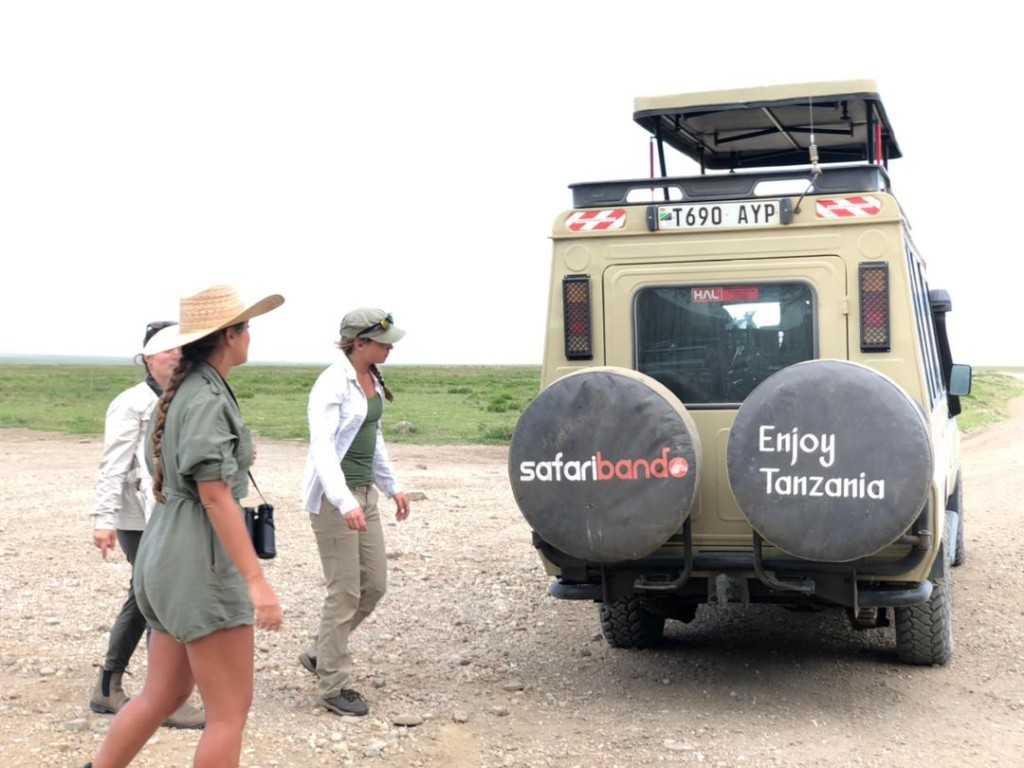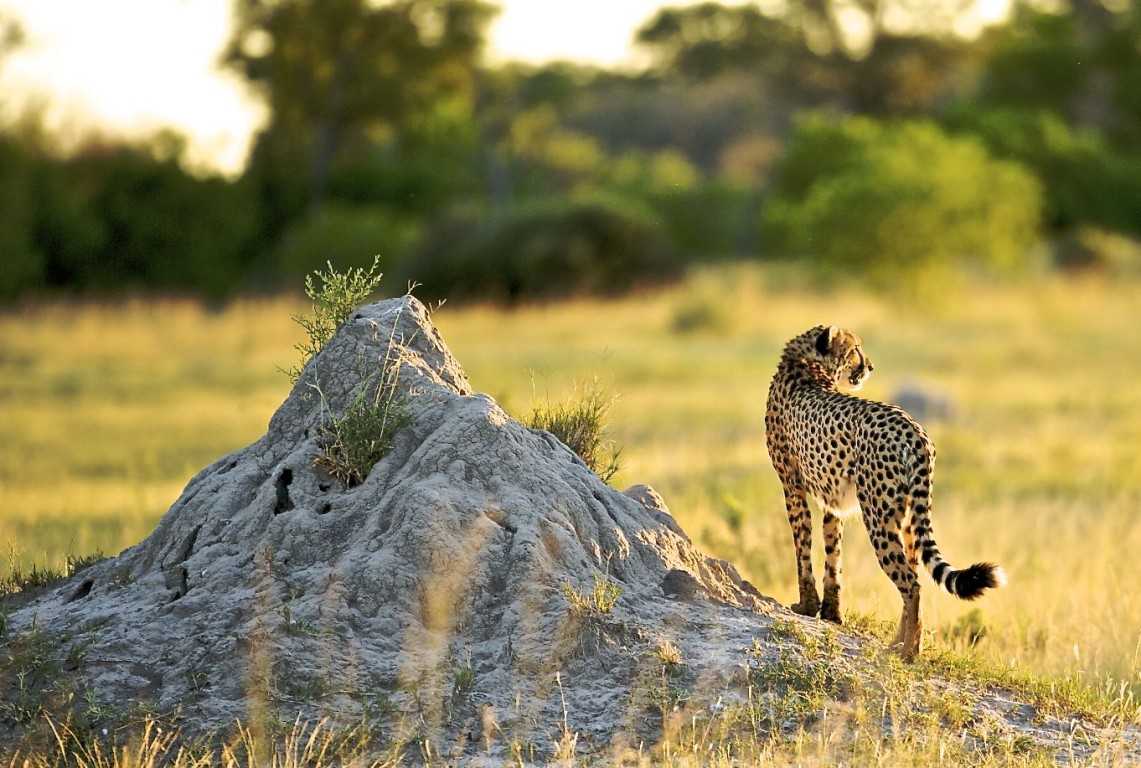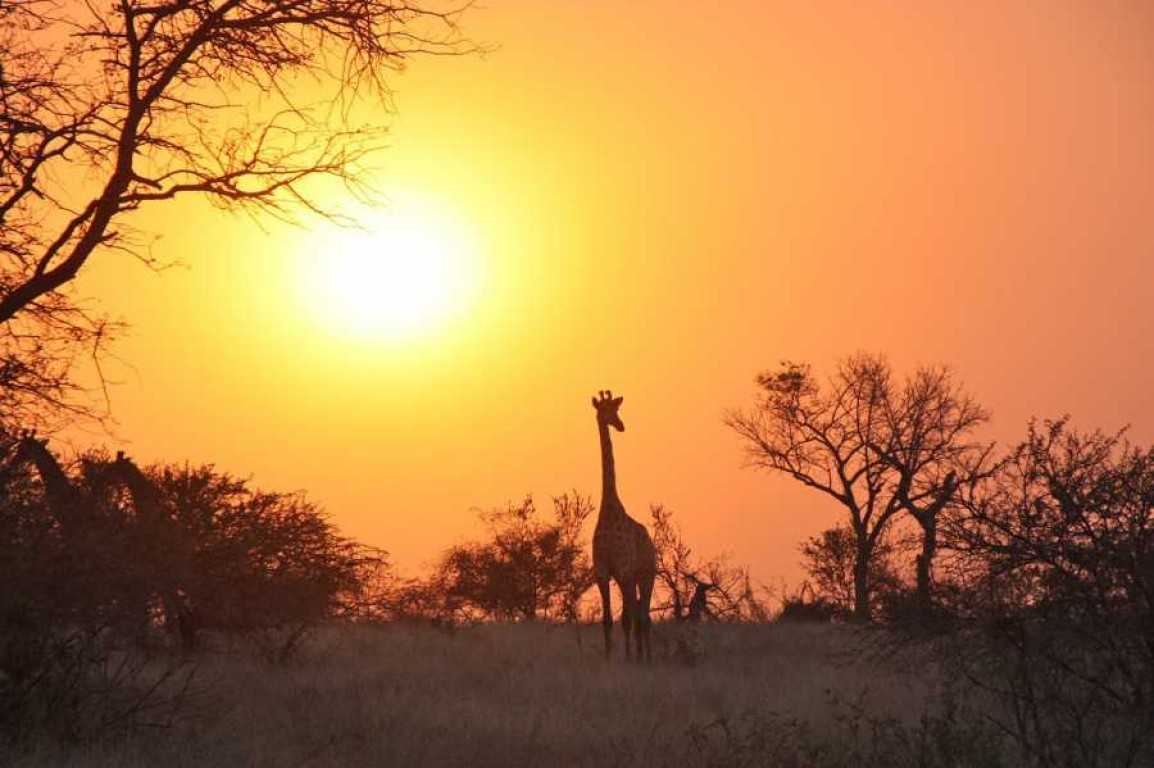
How to Pack and Prepare for your African safari
Your flights are booked, your safari is booked- you’re heading off. Time to prepare and pack. Here’s a guide to preparing for your African safari- whether it’s your 1st, 2nd or 50th time, it helps to go through this list to ensure you’ve got everything sorted so you can focus on having an incredible safari experience.
1. Documents
Passport and Visa
Ensure that your passport has adequate validity. Many countries require validity of at least 6 months. Check the relevant embassy for the most up to date information, including visa requirements. Many can be purchased on arrival, at the airport.
Insurance
Ensure you have the appropriate insurance. It’s always better to be covered for those unforeseen circumstances, whether it relates to delayed flights, weather, lost baggage or other. You want to focus on having a good time, rather than on uncovered risks.
Currency
Most places on safari will take USD, but it’s also good to deal in local currency for other smaller expenses such as drinks, tips or souvenirs. There are ATMs and foreign exchanges at the airport that can help you get the cash you need.
2. Clothing and Shoes
Linens and cottons are best, as they are breathable and helps to keep you cool, especially if they are loose-fitting.
Long-sleeved shirts and pants are good for shielding you from the sun, and can also help to prevent mosquito bites, especially during the evenings.
Neutral-coloured clothing is good for blending in with the environs. Although it won’t make you camouflaged, it might allow wildlife to see you more as part of the natural scene, as opposed to something that they should be anxious about.
Take clothes that can be used as layers, as it can help you to easily regulate your temperature from the cold mornings and evenings to the hot afternoons. A light polar fleece or sweather for the colder times of the day is a great way to keep you warm, which you can then easily remove as the day gets warmer.
For women, wearing a sports bra to give you extra support during those bumpy rides can provide for more comfortable road travel and game drives.
Take boots or walking shoes in case you go for a walk. It’ll protect you from acacia thorns, little creatures like scorpions at night, and it might even save you from an extremely painful encounter with the famous Siafu- or driver ants.
Flip flops and sandals are great for all other occasions that don’t require you to navigate the bush.
3. Accessories
Hats to provide extra sun protection. Wide-brimmed hats are good as it helps to cover the neck and shoulder areas, but best to get hats that will not fly away with the wind or when the vehicle starts moving with all its windows down.
Sunglasses it’s amazing how the reduction of glare can help with spotting wildlife, as well as providing for more comfortable viewing under the harsh glare of the African sun.
A light neck scarf can help you to keep cool during the day by wetting the scarf in cold water and tying it around your neck area, which is one of the body’s quick-cooling spots. Cooling tie-scarfs are also available.
Insulated water bottles keeps drinks surprisingly cool even in the heat. A great way to keep hydrated.
4. Personal Items
Sunscreen is a must- the higher the SPF+ rating, the better. The radiation is more intense the closer you are to the equator- and Kenya is very close to it- so it pays to have a good sunscreen to block harmful UV rays. Spray bottles of sunscreen are a convenient way to apply and reapply throughout the day. Bearing in mind that as you sweat, the sunscreen runs off, and reapplication every few hours is always recommended.
Insect repellent is a must. The World Health Organisation recommends insect repellent with Deet or Picardidin as the most reliable form of mosquito bite prevention. It’s handy to get the aerosol spray variant as it can also be used to spray onto clothing- just be sure this goes into your checked baggage so it passes airport security. Tropical Strength or 40% DEET Aerogard is useful. Anti-malarials is mentioned in the Health section below.
Apple cider vinegar is a great way to stop the itch of insect bites. If it’s intense, it’s good to have some antihistamine tablets. Hand-sanitiser also helps to relieve the itch due to the alcohol content.
Which leads us to hand sanitisers. Good pocket-sized anti-bacterial gels are essential and never go astray, especially if you need to go for a bathroom break in the middle of a game drive! Hand sanitisers with a carabiner are always hand, so you can clip them onto your bag.
Oral Rehydration Salts for hydration. It’s easy to go through bottles of water when you’re out in the heat, and good electrolytes such as Hydralyte tablets do a good job of keeping you hydrated without having to guzzle down gallons of water.
Last but not least, lip balm with SPF+ sunscreen- keep your lips protected from the sun!
5. Gear and electronics
Camera- to take pictures of those amazing moments. These days you can even take great photos with your phone. A light dust bag is a good way to keep the dust out when the camera’s not in use and you’re travelling down dirt roads.
Taking a pair of binoculars with you is a great way to improve the chances of spotting wildlife. Your guide may be able to see something, and having your own pair of binos will help you track something pretty quickly- and not have to bother someone else by borrowing theirs! They’re not just great for spotting lions, but also taking a closer look at the diverse array of bird species out there.
All You Need to Know Before Going on Safari in Africa
Power adapters, to make sure you keep all your electronics charged. Most places are powered by generators, so taking extra batteries or power packs is also a good idea.
Wildlife guide books have amazing detail and with detailed and hand-drawn illustrations for each species. The more knowledge at your fingertips, the more you’ll appreciate what’s in front of you.
6. Other items that make travelling easier
Duffel bag or backpack- on safari, it’s always easier to load and unload these types of bags from vehicles, or even take them to your tent or room. Remember you’re on safari, with few or no concrete pavements to roll your suitcase with.
Bag organisers, handy for any kind of travel and a great way to keep things organised and save you from rummaging around bottoms of bags for things.
Hanging bathroom bags are versatile- you can hang them wherever you are- from a towel rail, a car door, or the branch of a tree.
Wrist wallets are a great way to keep your phone and keys safe and accessible while on safari without having to fumble around in your bag.
7. Medical
See your doctor about the vaccinations you may need before your travel, including anti-malarial options. This is particularly important if you plan to travel into Kenya from another country with risks of contracting Yellow Fever, in which you will need to produce a Yellow Fever certificate at the airport. If you live in Australia, The Travel Clinic is a solid chain of clinics dedicated to traveller needs and has fully stocked vaccinations and medications at all times.
Pain relief tablets, antiseptic cream, anti-diarrhoea tablets and other medicines are some of the supplies you should have in your medical kit. Consult your doctor for items you may need to bring with you. Remember if you fall ill when you’re in the bush, it’s not likely you’ll find a pharmacy, let alone a pharmacy that stocks the right medicine. So best to be prepared.
Click here to read a list of items inside a First Aid Kit that is recommended by the Australian Red Cross. Yes- they can come in handy.
Preparing for a trip can be easy to do with a checklist. Hopefully this information will help to guide you in getting ready for your safari so that you can focus on having a great time once you’re out there.
Safari njema- travel safely!
Click here for Tanzania wildlife safaris, or click here to follow me on Instagram.
